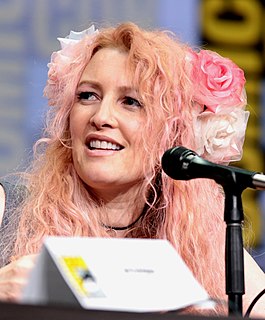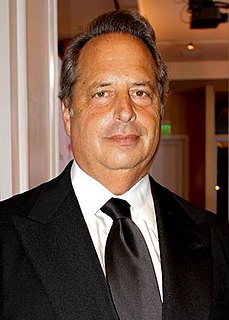A Quote by Jon Ronson
I write funny nonfiction adventure books about crazy, serious worlds.
Quote Topics
Related Quotes
When you're researching things that have happened, the clear narrative arc is not there already. This is the problem of writing nonfiction for me - writing nonfiction which is about serious subjects and has serious political and social points to make, yet which is meant to be popular to a degree - what happens when the facts don't fit a convenient narrative arc? I guess that for a lot of nonfiction writers that is a central challenge.
I write fiction longhand. That's not so much about rejecting technology as being unable to write fiction on a computer for some reason. I don't think I would write it on a typewriter either. I write in a very blind gut instinctive way. It just doesn't feel right. There's a physical connection. And then in nonfiction that's not the case at all. I can't even imagine writing nonfiction by hand.
Nonfiction narratives are really powerful and valid in themselves. But one thing that you don't get sometimes from the more clinical or academic books or nonfiction books is that you don't get to hear the person's voice; you don't get them as individuals. You get a few quotes and you hear them as sort of a case study: numbers, examples, anecdotes, maybe a paragraph here, and that's about it.
I think the term "artist's novel" for me has referred to writing which supports an art practice or a more specifically a particular artwork or project. The nonfiction novellas and nonfiction novel I have written play a role in my artwork as objects - which I will return to, but I write the books to exist autonomously.
Why do all these people want [comedians] to be serious? The reason they want that is these are people who aren't funny. Anybody funny can be serious, but people who have no sense of humor, they can never be funny - and frankly, they're jealous. There's very few comic actors. Think about it. There aren't that many. It's hard because you have to be able to do both.
I think, about the distinction between fiction and nonfiction. Fiction is not really about anything: it is what it is. But nonfiction - and you see this particularly with something like the BBC Samuel Johnson Prize for Non-Fiction - nonfiction we define in relation to what it's about. So, Stalingrad by Antony Beevor. It's "about" Stalingrad. Or, here's a book by Claire Tomalin: it's "about" Charles Dickens.

































